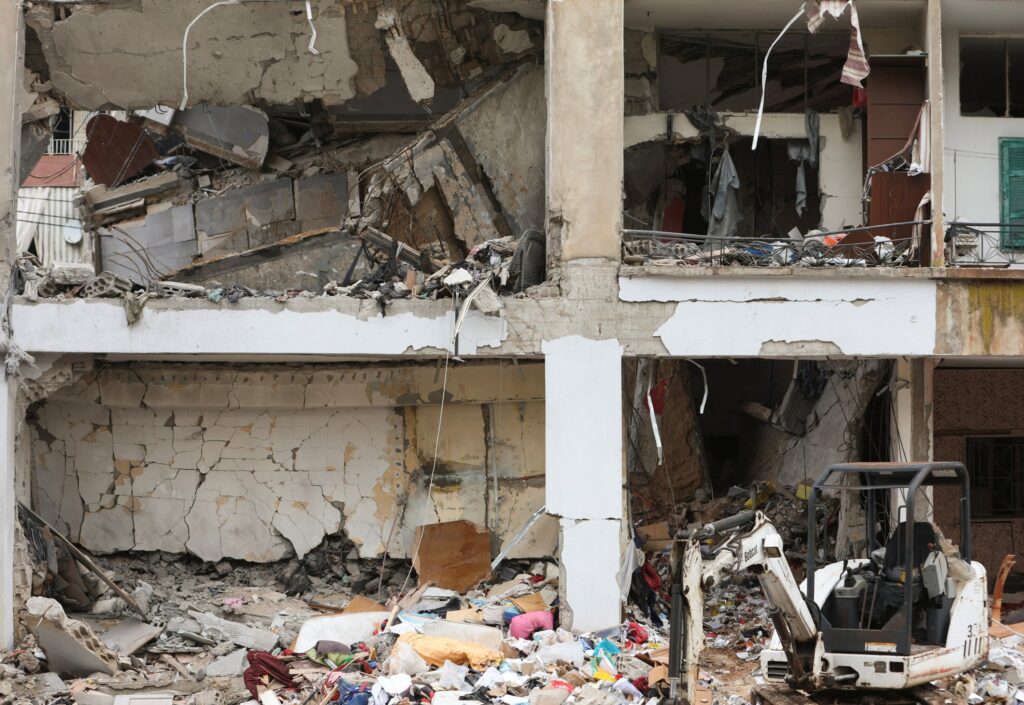A series of mysterious explosions ripped through Lebanon on Tuesday, killing nine people and injuring nearly 3,000 others, including fighters and Iran’s envoy to Beirut. The blasts, which occurred in southern Lebanon, Beirut’s southern suburbs, and the eastern Bekaa Valley, targeted handheld pagers used by Hezbollah and other groups for communication. Hezbollah quickly accused Israel of perpetrating the attacks, vowing to retaliate and promising “fair punishment” for the blasts.
Lebanese Information Minister Ziad Makary condemned the explosions as “Israeli aggression,” while the Israeli military declined to comment. The death toll rose from eight to nine on Tuesday night, with the number of injured remaining at 2,750, according to Lebanon’s health ministry. Among the dead were at least two Hezbollah fighters and a young girl. Iran’s ambassador to Lebanon, Mojtaba Amani, suffered superficial injuries and was hospitalized.
Hezbollah officials described the incident as the “biggest security breach” for the group in nearly a year of conflict with Israel. The Palestinian militant group Hamas, which is waging war with Israel in Gaza, called the pager blasts an “escalation” that will only lead Israel to “failure and defeat.” UN special coordinator for Lebanon Jeanine Hennis-Plasschaert deplored the attack, saying it marked an “extremely concerning escalation” in the conflict.
Washington denied involvement in the explosions and urged diplomatic restraint, calling for a peaceful resolution to tensions between Israel and Lebanon. The U.S. also cautioned Iran against exploiting the incident to raise instability. Israeli military chief Major General Herzi Halevi met with senior officers to assess the situation, but no policy change was announced.
Hezbollah fighters have relied on pagers as a low-tech means of communication to evade Israeli location-tracking. The group has lost over 400 fighters in Israeli strikes, including its top commander Fuad Shukr in July. Tuesday’s blasts added to the toll, with two more Hezbollah fighters killed in an Israeli strike in southern Lebanon.
Experts doubt an imminent all-out Israel-Hezbollah war, but warn that rising tensions could eventually erupt into full-scale conflict if diplomacy fails. Matthew Levitt, former deputy director of the U.S. Treasury’s intelligence office, noted that the pager explosions could disrupt Hezbollah’s operations for some time. Jonathan Panikoff, the U.S. government’s former deputy national intelligence officer on the Middle East, described the incident as Hezbollah’s “biggest counterintelligence failure in decades.”
The blasts sparked widespread panic, with ambulances rushing through Beirut’s southern suburbs and people screaming in pain. Hospitals struggled to treat the wounded, many with injuries to the face, eyes, and limbs. The incident has raised fears of further escalation in the conflict, which has displaced tens of thousands of people on both sides of the border.
As tensions simmer, Hezbollah’s promise of retaliation hangs in the balance, threatening to plunge the region into deeper turmoil. Diplomatic efforts, led by Qatar, Egypt, and the United States, continue to seek a ceasefire in Gaza, but progress remains elusive. The pager blast mayhem has only added to the complexity of the conflict, testing the resolve of regional leaders to prevent all-out war.



